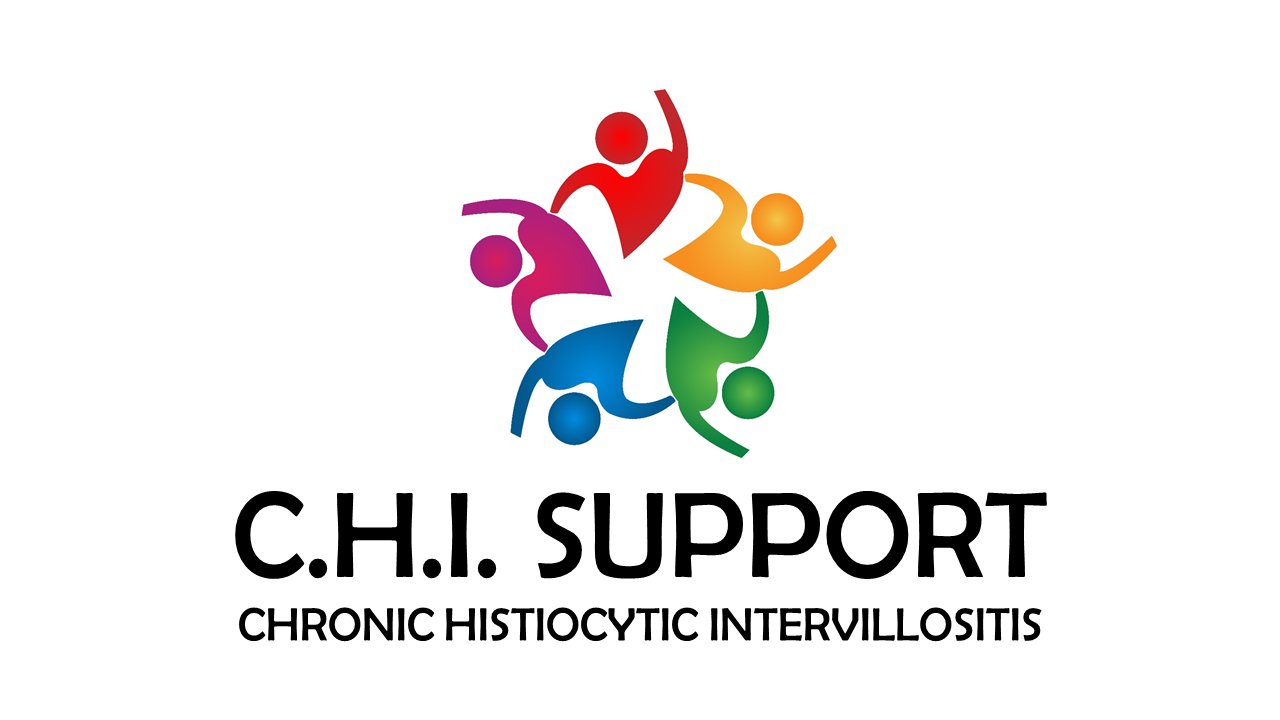This is a case-control study: which means they have the ‘cases’ – the people with CHI and they try to find people who are similar in every other way except they don’t have CHI – the ‘controls’, and see how the outcomes for the two groups compare.
Unfortunately, it very much suggests that those with CHI are much more likely to have late miscarriages, stillbirths, and small-for-dates babies. This is even the case when those pregnancies complicated with CHI are compared to other ‘high risk’ pregnancies which the authors define as the next woman to give birth in the same hospital after the woman with CHI who had an indication to review her placenta. Examples of conditions that would require placental review (that isn’t CHI) included late miscarriage or stillbirth, pre-eclampsia, and spontaneous preterm labour.
Interestingly, the study didn’t find that the women with CHI had a greater risk of auto-immune diseases compared to the women without CHI. It did find that Alpha-fetoprotein was a lot higher in the women with CHI – this was thought to be due to leakage from the fetus’ plasma (blood component) through the placenta into the mother’s bloodstream. While noting that there were only 111 women with CHI considered in this trial (a large sample for this rare condition but very small for statistical analysis), they didn’t find that any of the treatments tried seemed to make any difference to outcome.
This study points that CHI creates unfortunately a very high-risk pregnancy that needs to be taken seriously with much higher rates of monitoring (both ultrasound and CTGs).
